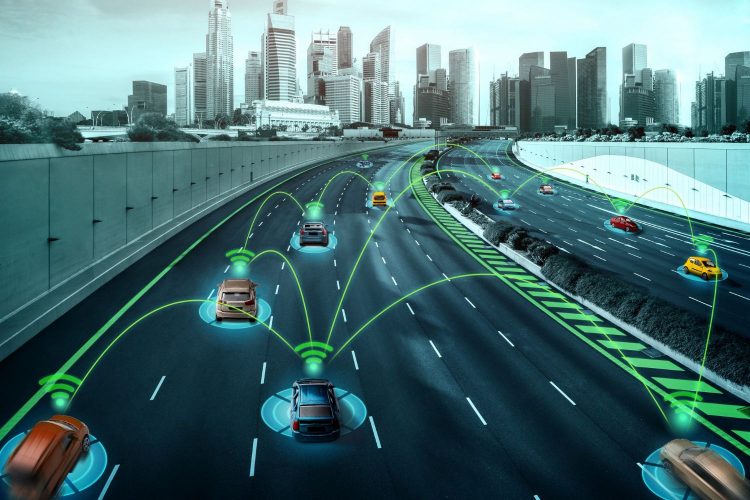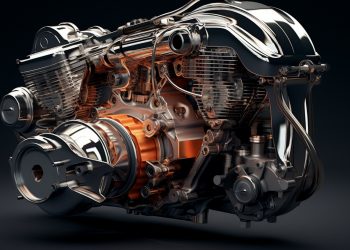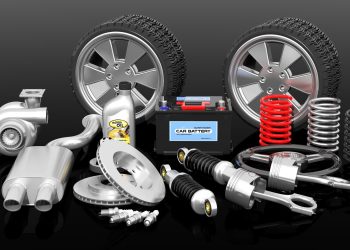In a world where science fiction is becoming a reality, autonomous vehicles are quickly growing popular, with promises of enhanced safety, convenience, and efficiency. However, this technology still raises a complex ethical dilemma: a complex ethical dilemma: who decides who lives and who dies in life-or-death situations?
With artificial intelligence and machine learning making decisions, it’s essential to address the ethical implications of such technology. This article explores the ethical considerations surrounding autonomous vehicles and the tough choices that must be made.
So buckle up, and let’s delve into the ethical dilemma of these cars together.
Benefits of Autonomous Vehicles
According to the Own Risk and Solvency Assessment (ORSA), human error accounts for over 90% of all road accidents countrywide. By removing human drivers from the equation, autonomous vehicles can significantly reduce the number of road accidents. In fact, studies show that self-driving cars have a lower accident rate than traditional vehicles.
Self-driving cars operate at consistent speeds and distances, reducing traffic congestion and improving fuel efficiency. They can also take more direct routes to reduce travel time and avoid delays caused by human error.
Additionally, autonomous vehicles reduce greenhouse gas emissions by optimising driving routes and reducing congestion. This positively impacts the environment by improving the efficiency of transportation networks and reducing the need for personal vehicles.
Risks of Autonomous Vehicles
One of the risks of autonomous vehicles is the potential for hacking and cyberattacks. Since these cars operate using complex computer systems, they’re vulnerable to attacks from hackers who want control or access to sensitive information. Similarly, self-driving cars could replace traditional drivers, leading to job loss and economic disruption.
There are also major concerns about the ethical implications of self-driving cars, particularly when the vehicle must make life-or-death decisions on the road.
Ethics and Autonomous Vehicles
Ethical considerations play a crucial role in the construction and deployment of autonomous cars, as they involve decisions that affect the safety and well-being of passengers.
For instance, when the car must choose between hitting a pedestrian or swerving and harming its occupants, its programming must be designed to make the most ethical decision possible.
This scenario raises several ethical questions relevant to autonomous vehicles. For example, how should an autonomous vehicle be programmed to decide in a situation where it must choose between the safety of its passengers and the safety of pedestrians or other vehicles? What ethical principles should guide the manufacture and launch of autonomous vehicles?
Who Makes Life-or-Death Decisions in Autonomous Vehicles?
This dilemma raises important questions about accountability, responsibility, and the role of technology in human decision-making.
However, there are several possible solutions. One would be to leave the decision-making up to the car’s programming. This would follow a set of predefined rules and guidelines. For example, the vehicle might be programmed to prioritise its occupants’ safety or minimise overall harm.
Another solution is to allow the vehicle’s passengers to make the decision. In this scenario, the vehicle’s occupants would be given options and responsible for choosing the course of action they believe is the most ethical.
A third solution is to have an external party, such as a remote or human operator within the vehicle, make the decision. This option would involve using advanced sensors and communication technology to allow external parties to monitor and control the vehicle in an emergency remotely.
Each of these solutions has potential consequences. For instance, leaving the decision-making up to the vehicle’s programming could lead to unforeseen consequences or situations where the programming does not align with societal values.
Allowing the vehicle’s occupants to decide could create conflicts of interest or bias, as passengers may prioritise their own safety over the safety of others. Finally, having an external party decide could result in delays or communication failures that could exacerbate the situation.
The Need for Transparency and Accountability
Manufacturers must develop clear guidelines and standards which outline the ethical principles that should guide decision-making related to autonomous vehicles, as well as any legal or regulatory requirements.
Similarly, they should engage in public dialogue and consultation about the technology. This involves holding public hearings, engaging with stakeholders, and soliciting feedback from the public about the development and deployment of autonomous vehicles.
Without transparency and accountability, there is a risk that the technology could be developed and deployed in a way that isn’t in the best interests of society. There is also a risk of public mistrust and scepticism of the technology, which could slow its adoption and hinder its potential benefits.
The Future of Driving
There is a pressing need for policymakers, regulators, and industry leaders to work together to establish guidelines and standards for autonomous vehicle decision-making, incorporating ethical principles and human values.
As we continue to rely on technology to shape our future, we must ensure that our advancements are made in a way that prioritises the safety and well-being of all individuals.












